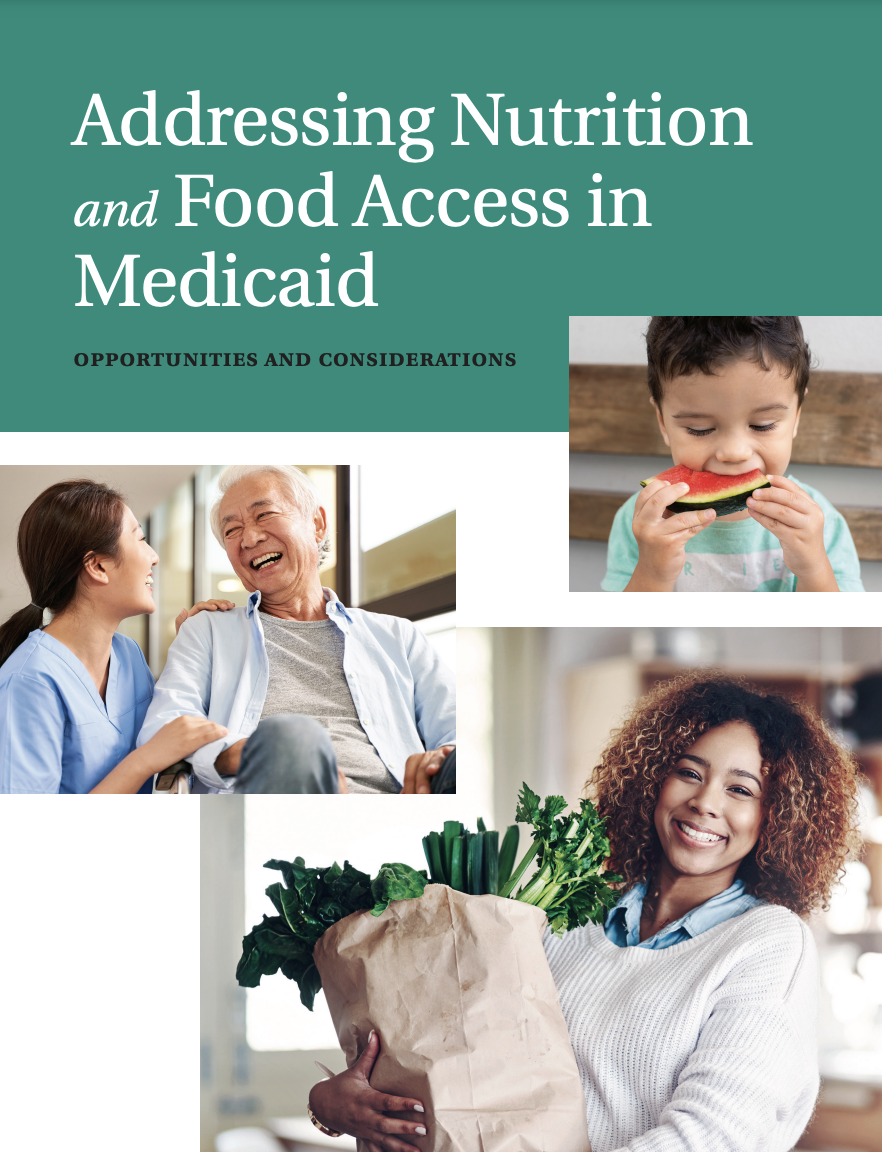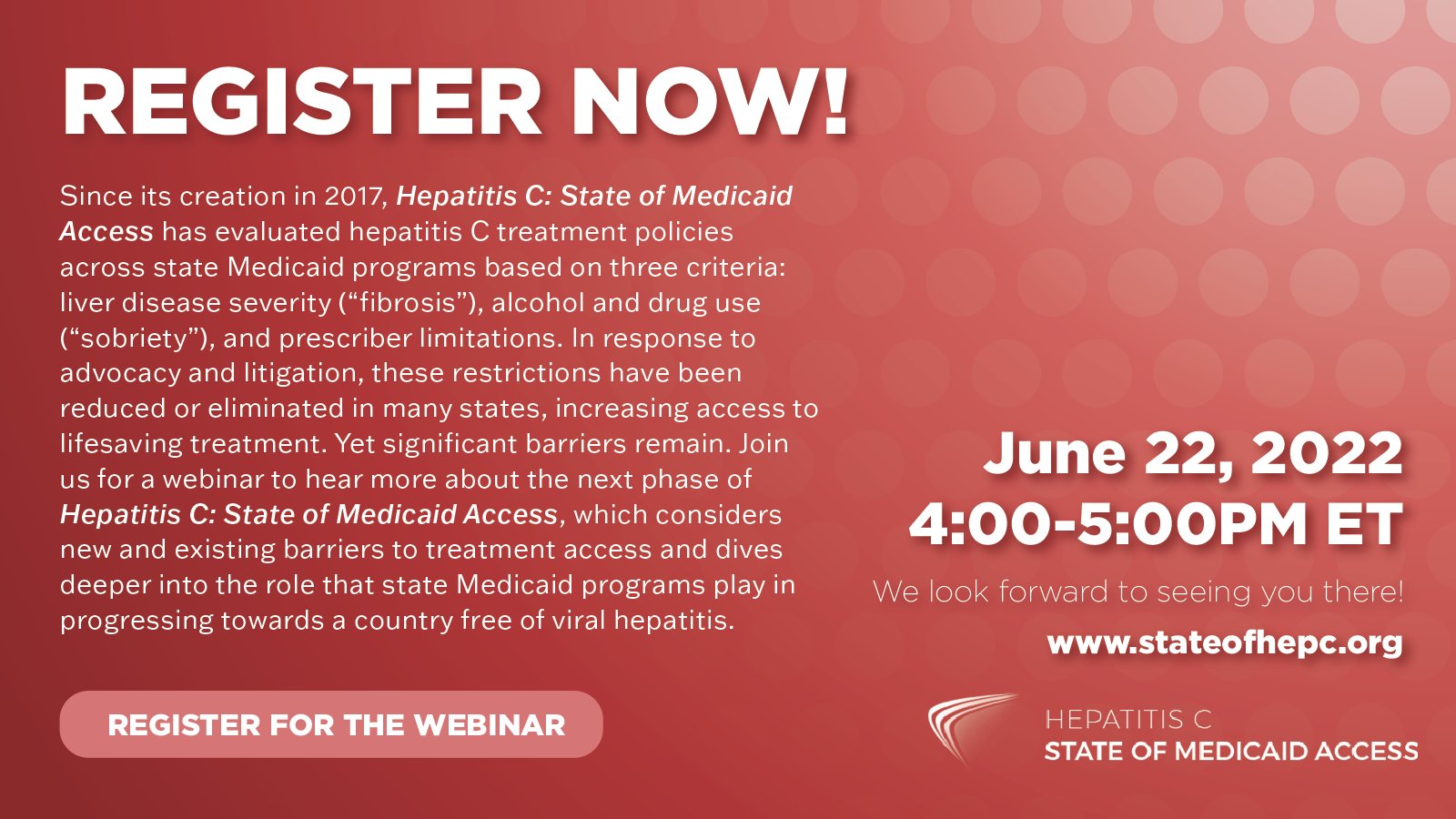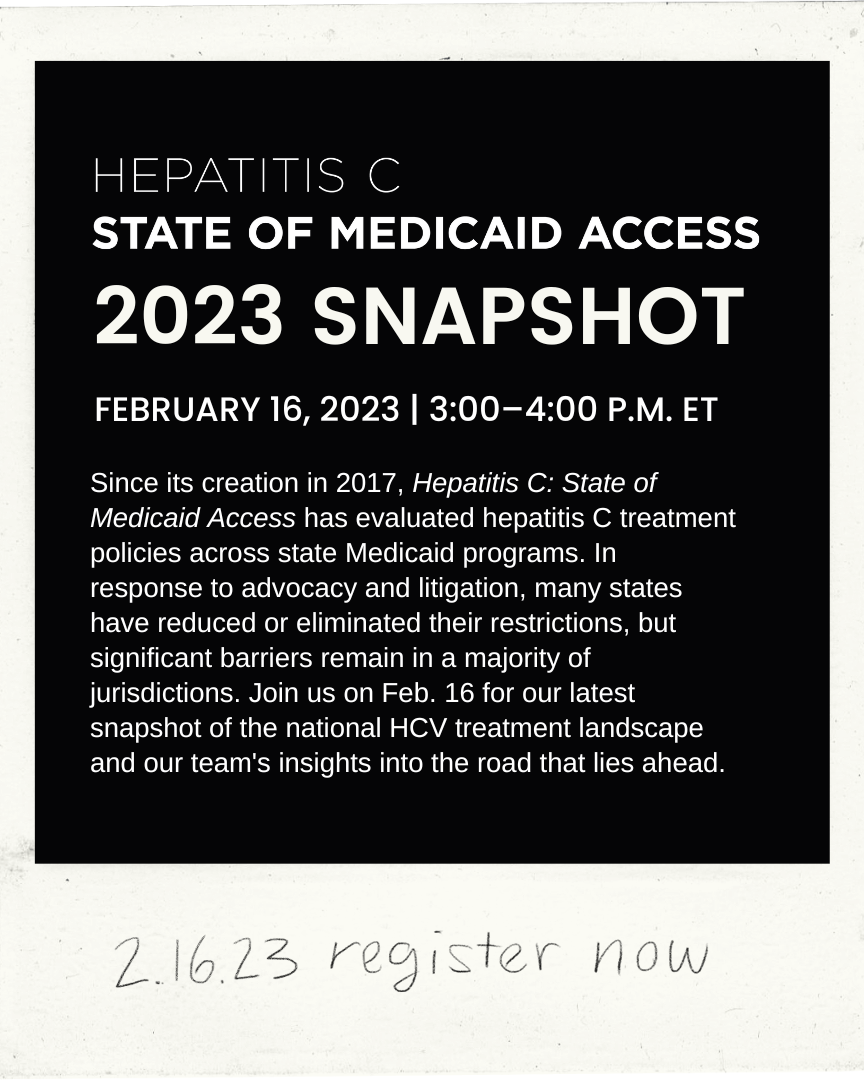Addressing Nutrition and Food Access in Medicaid
Understanding that access to affordable, healthy food is fundamental to the population’s health and well-being; and without such access, individuals face greater risk of disease and increased health care costs, experts from The Food Trust, Population Health Alliance (PHA), and the Center for Health Law and Policy Innovation of Harvard Law School (CHLPI) came together to offer key strategies to address the challenges to food access in a special report. This companion webinar will present the report's findings.

![Health Law and Policy Open House[65] oster for Health Law & Policy Clinic Open House, description and image of open health text book](https://chlpi.org/wp-content/uploads/2022/03/Health-Law-and-Policy-Open-House65.png)



